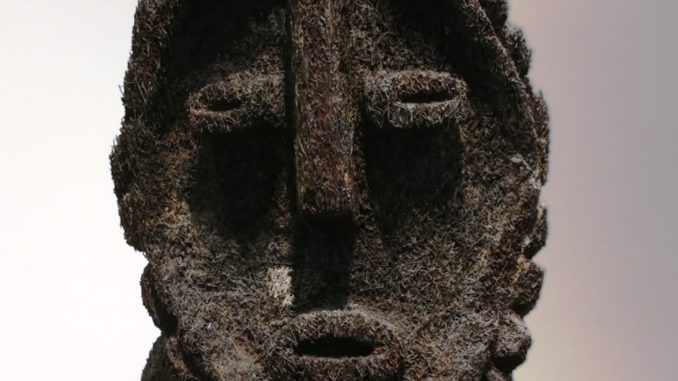
Since October 2020, ships loaded with Australian coal were no longer allowed to unload their cargo in Chinese ports. Given that Chinese imports of Australian coal represent around 30% of Canberra’s coal exports, the quantities awaiting unloading represent one and a half months of the usual flow between Australia and China. How can an unconfirmed end to an undeclared embargo be understood?
Since this blockade, which does not say its name, Mongolia’s exports or national mines metallurgical coal production remain insufficient compared to China’s strong and steadily increasing steel production. As a result, the prices of Peking cooking coal have increased by about 70%.
Winter Temperatures
Imports of Australia’s other coal, thermal coal used in power plants, have also been banned. But the increased electricity consumption due to winter temperatures softened the ban, because Chinese mines, Indonesian or Russian imports have never managed to completely replace Sydney’s volumes. The low winter temperatures hitting China and the neighboring states of Korea and Japan have caused prices to rise by 55% to 100% since last August, depending on the exporting country – Indonesia, Colombia, Australia or South Africa.
The big winner of this harsh winter is natural gas. The price of Asian LNG has increased 15-fold since May 2020 and 4-fold since the end of November. It is therefore more than normal that the knot around Australian coal imports is loosening, prices are easing and temperatures inside Chinese Communist Party public buildings are rising. Like night lighting, they were being used to save energy.
Conspiracy Explanation
Another explanation, The de rigueur conspiracy theory, of this relaxation could be inspired by the Australian television series “Pine Gap”. Australia is squeezed between its American ally, whose going-to-war president is asking for its support in a China Sea conflict against Beijing, and its first client, China, which, in return for a continuation of its imports of raw materials, is asking for its neutrality in this same conflict.
In reality, the ban on Australian coal having never been officialized, its suppression will not be either, and it is undoubtedly the winter chance which combines the relaxation around the imports and the arrival of Joe Biden in his functions.